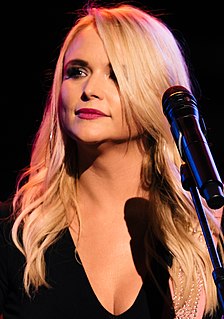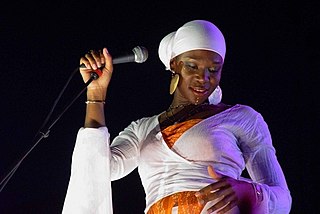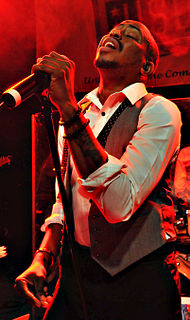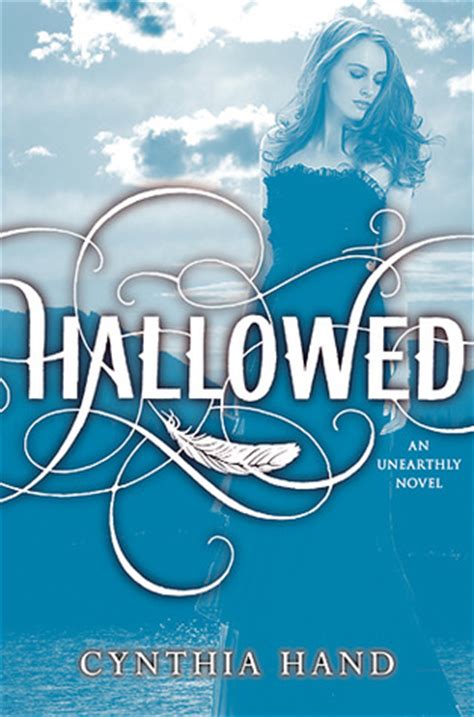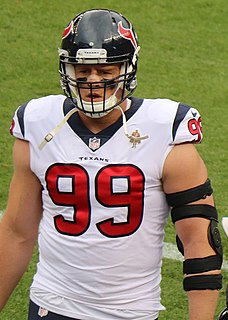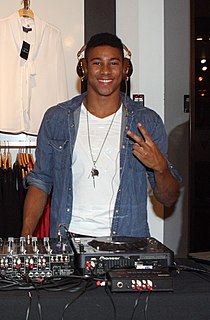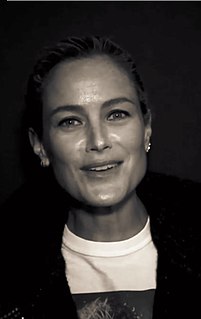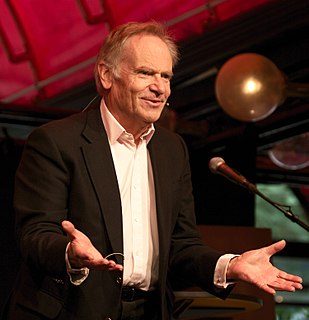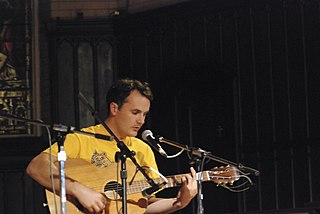A Quote by Miranda Lambert
I learned a lot about my audience and about myself as a performer, what I like to do live.
Related Quotes
To achieve the intimacy between performer and audience in storytelling, I feel like I have to let the audience in on my emotional state, not just, "Here's a story I'm going to tell by rote, and you're just going to listen to it, because I'm such a wonderfully entertaining fellow." It's the idea of sharing enough of myself that it's not just all about, "Look at me, look at me." There's an element to it of, "You understand what I'm talking about, right? You've been in this place that I've been in," which makes it a richer experience.
I’ve learned that a storm isn’t always just bad weather, and a fire can be the start of something. I’ve found out that there are a lot more shades of gray in this world than I ever knew about. I’ve learned that sometimes, when you´re afraid but you keep on moving forward, that’s the biggest kind of courage there is. And finally, I’ve learned that life isn’t really about failure and success. It’s about being present, in the moment when big things happen, when everything changes, including myself.
Soap operas are like boot camps for film actors, so I really learned a lot. It was a masterclass in working for camera. I made myself watch myself every day. I would sort of try and be objective about it and critique myself a little. There's a lot more skill set than people realize in soap operas. They shoot, like, 35 scenes a day.
